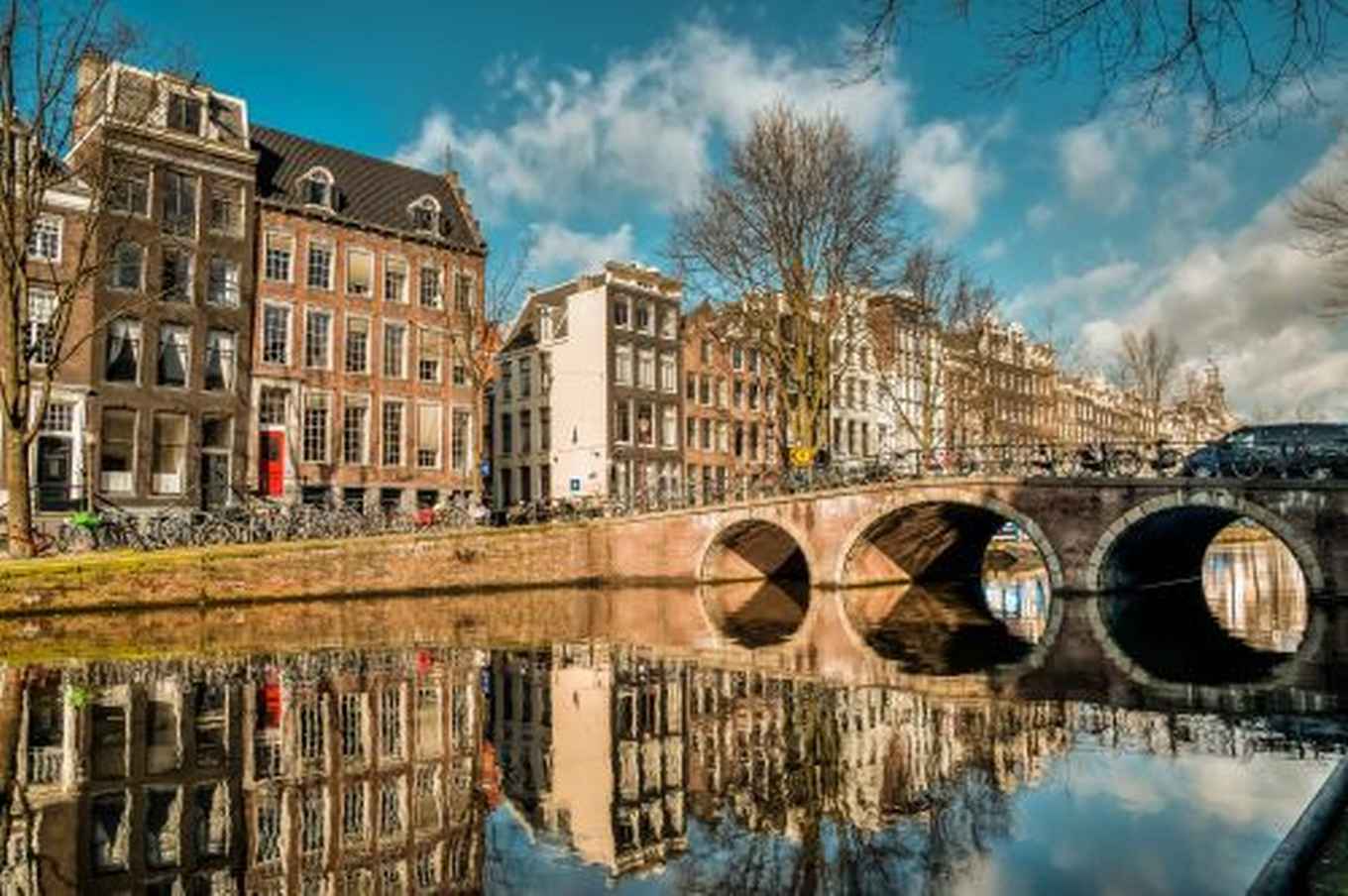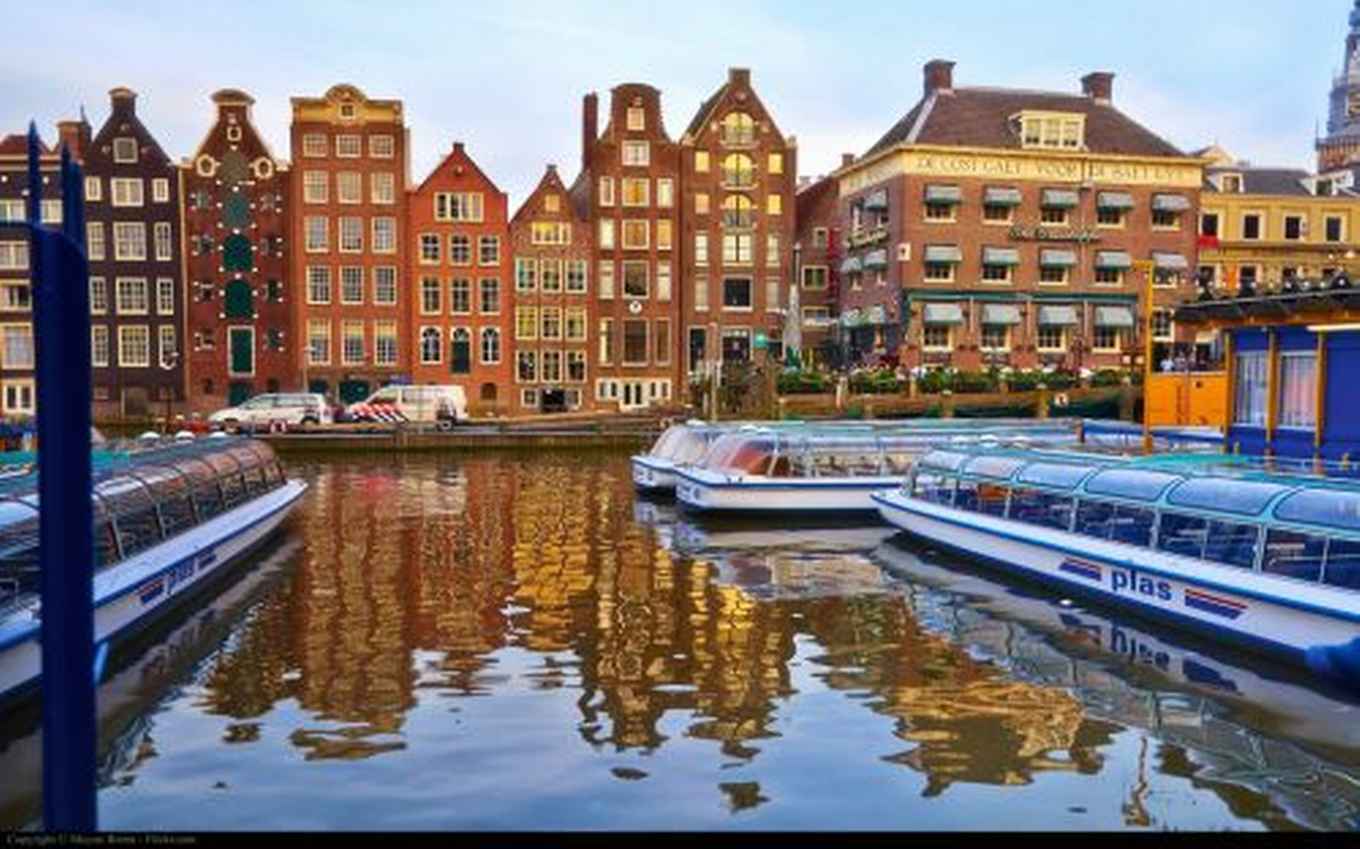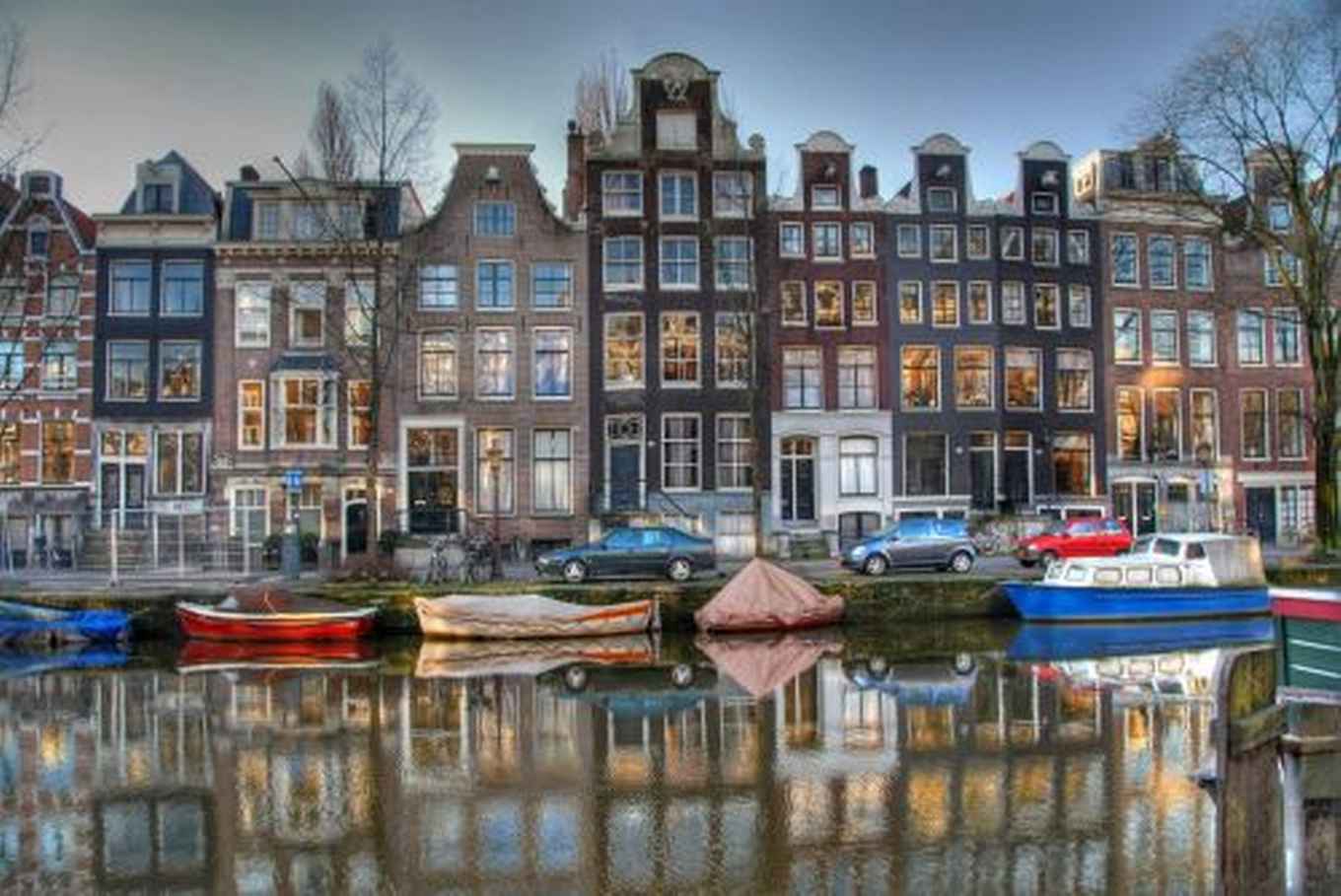Reflections on Amsterdam - by visiting Prof. Richard Walker
Publication date 20-10-2014

The Golden Age is torn from most of the European, global and even national context that made it possible:
- The epochal shift from Mediterranean (southern) to Atlantic (northern) trade dominance and economic leadership after 1500;
- The Spanish conquest of the Americas and the way the Low Countries benefitted from financing Spain and the Habsburg emperors;
- The system of cities and mercantile networks running from Genoa to Lyon to Bruges, and how the defeat of Antwerp by the Spanish forced its merchants to relocate to Amsterdam;
- The rise of intra-European trade and banking, and the role of Amsterdam in the invention of modern finance through its merchant exchanges and bourse;
- Amsterdam's dominance of the Baltic trade in raw materials, from Polish grain to Norwegian timber and Swedish iron.
Nor is there much, if any, recognition of the distinctiveness of the Dutch political economy within Europe, other than its Protestantism. This was literally and figuratively a marginal place, and it is in the world's peripheries where social and economic innovation is most readily incubated, because of the freedom from accepted/past social orders. To wit:
- The Netherlands were, along with England, the first territories to establish a fully commercial, post-feudal society, ushering in the revolutionary changes that gave birth to capitalism and bourgeois society;
- The Netherlands were the first truly urbanized society in the world (far more so that England until the 18th century), and Dutch cities, along with those of northern and central Italy, gave birth to the Renaissance in art and science;
- The Netherlands created the first modern, post-royalist state – a commercial republic, the United Provinces – that exceeded the achievements of the Italian city-states, which fell before the power of the modernizing kingdoms of France and Spain;
- The Netherlands were the vanguard of the new commercial empires of Europe, far more so than Portugal, and the real inventors of the modern plantation and slave economies in the colonies that propelled European growth far beyond the plunder of the Americas by the Spanish.

Then, there are the reasons why Amsterdam was transcended by London and Holland by England in the further advance of European economic development and global power. These hardly register in the official histories beyond the tale of William of Orange becoming the British King in 1688 and a succession of indecisive Anglo-Dutch Wars – typically shorn of their real purpose, commercial supremacy and control of colonies. Why did England (Britain) triumph?
- The social revolution begun in the Low Countries ultimately went much farther in England, another peripheral region of Medieval Europe;
- The English internal market was much bigger and its colonial markets larger still;
- The English created a modern nation-state far more effective and powerful than the Dutch, following a Civil War that took place while Amsterdam was enjoying its Golden Age;
- Dutch engineers drained the English Fens, Dutch investors flooded London with capital, and the English copied Dutch innovations in ships, banking and colonization, and did them one better.

Finally, there is the effect of the Industrial Age on Amsterdam, which merits hardly a word in all the hype over the Golden Age. England gave birth to the Industrial Revolution, not Holland, which was more thoroughly under the suzereignty of merchants and bankers (recall that the Industrial Revolution broke out in the north of England, NOT in London, for the same reason). But as the Dutch followed England's lead, the railroad, triumphant symbol of 19th century industrialism, took over the old port of Amsterdam, cutting the city off from the sea and turning its face inward. Worse, the rise of German industry along the Rhine made southern cities like Rotterdam into the new global shipping points of the northern European economy, as they are today. Amsterdam's Baltic and British trade routes were eclipsed and the city fell back among European centers.
Richard Walker
Richard Walker is Professor Emeritus at the University of California, Berkeley. His research is focused on economic geography, regional development, capitalism and politics, cities and urbanism, resources and environment, class and race. Walker visited the Amsterdam Centre for Urban Studies mid September 2014 to give a guest lecture, titled “Surprising San Francisco: The Success and Failure of the World's Tech Center”.